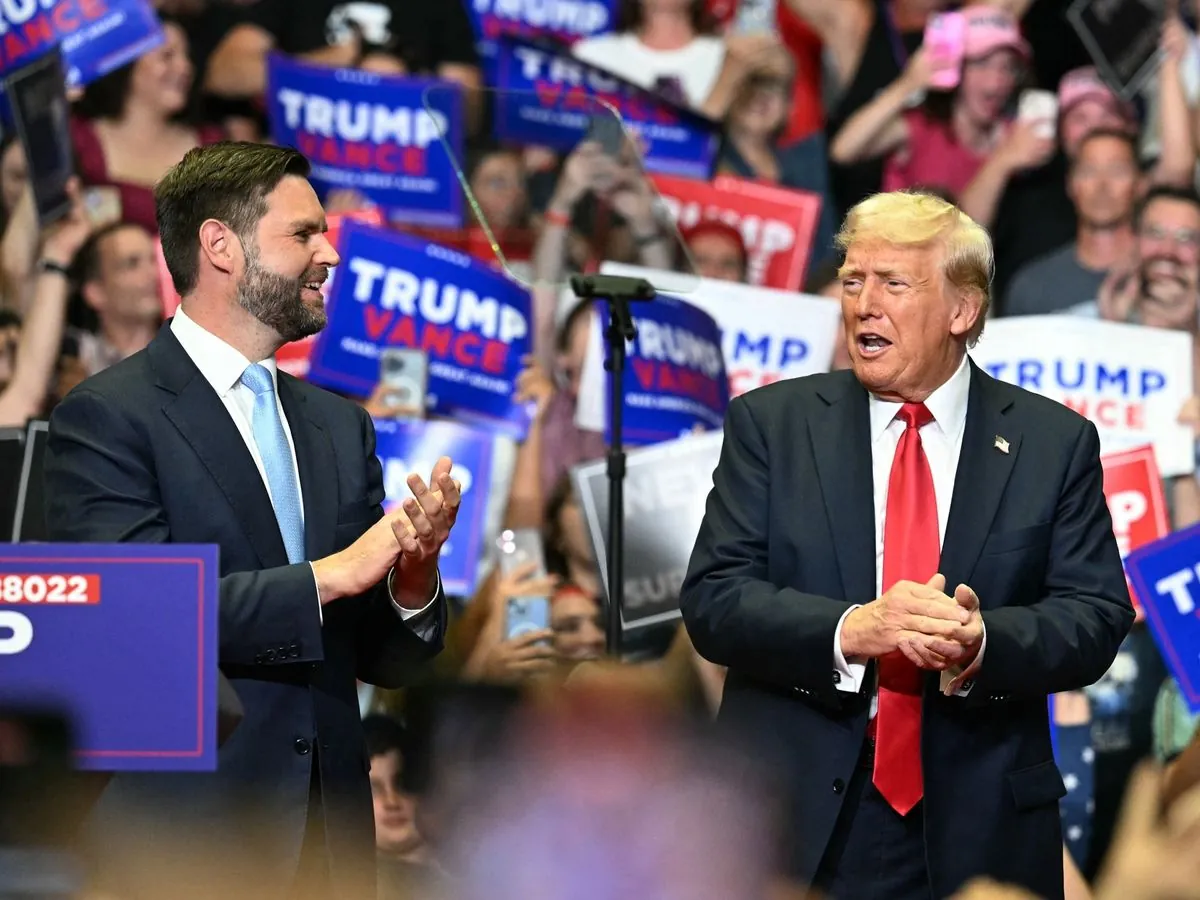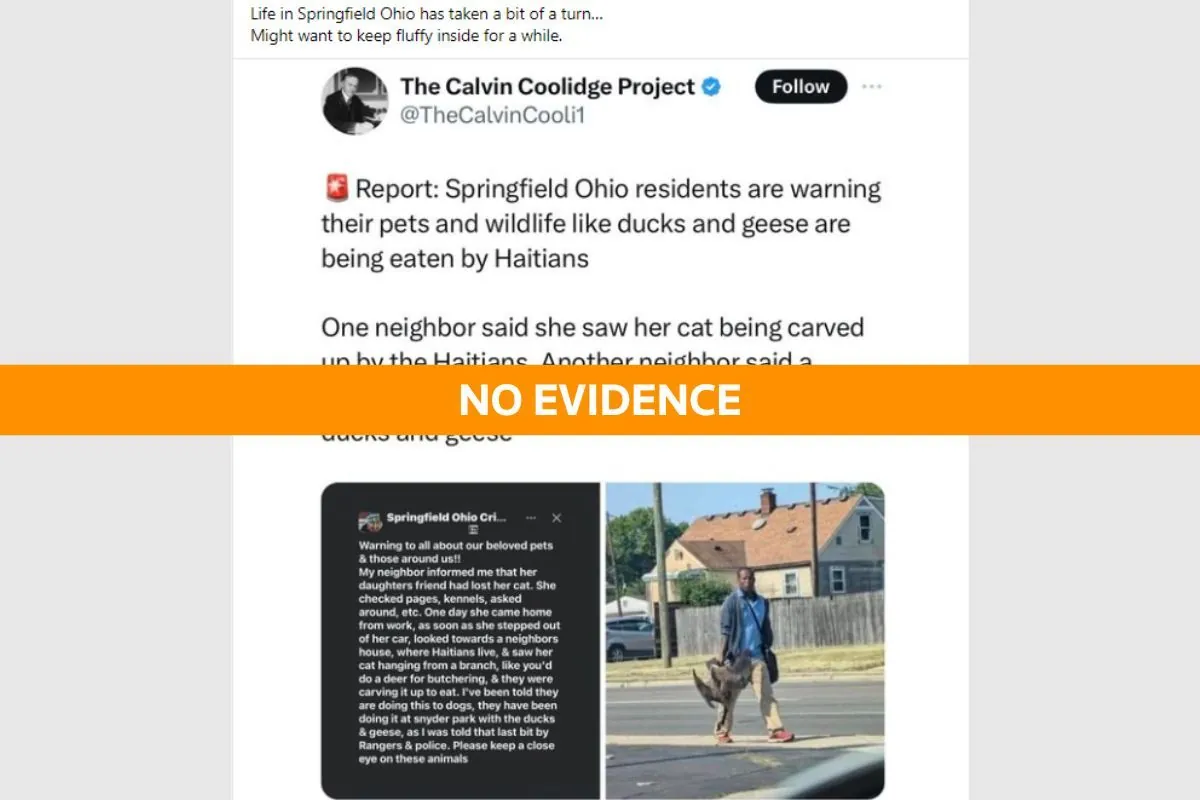Trump-Vance Rhetoric Blurs Lines Between Legal and Illegal Immigration
Analysis reveals discrepancies in Trump and Vance's claims about unauthorized immigrants. Their rhetoric raises concerns about potential threats to legal immigrants and subjective determination of immigrant status.

The debate surrounding immigration in the United States continues to be a contentious issue, with recent statements by former President Donald Trump and his running mate JD Vance drawing attention to the complexities of the situation. Their claims about the number of unauthorized immigrants in the country have raised eyebrows among experts and analysts.
As of January 2021, when Trump left office, estimates suggested approximately 10.5 million foreign-born residents were living in the US without proper authorization. However, Vance recently claimed at a North Carolina rally that the US "cannot import 25 million illegal aliens," a figure that significantly exceeds official estimates.
This discrepancy highlights the ongoing challenges in accurately assessing the unauthorized immigrant population. The US immigration system, established by the Immigration and Nationality Act of 1965, has undergone numerous changes over the years, making it a complex and often controversial topic.

Vance's rhetoric has particularly focused on Haitian immigrants in Springfield, Ohio, who are legally present in the country under temporary protected status (TPS) or immigration parole programs. These programs, established by the Immigration Act of 1990 and administered by the Department of Homeland Security, provide legal pathways for certain immigrants to remain in the US temporarily.
However, Vance has questioned the legitimacy of these programs, stating, "An illegal action from Kamala Harris does not make an alien legal." This stance blurs the distinction between legal and unauthorized immigrants, raising concerns about potential threats to those who have followed legal channels to reside in the US.
"The media loves to say that the Haitian migrants … are here legally. What they mean is that Kamala Harris used two separate programs — mass parole and temporary protective status — she used two programs to wave a wand and to say, 'we're not going to deport those people here.'"
The rhetoric employed by Trump and Vance has sparked debates about the potential implications for immigrant communities if they were to return to power. Critics argue that their approach could lead to subjective determinations of immigrant status and targeted deportations, even for those currently residing legally in the country.
It's worth noting that the US has a long history as a nation of immigrants, with various waves of immigration shaping its demographics over time. The concept of birthright citizenship, enshrined in the 14th Amendment of the US Constitution, has been a cornerstone of American immigration policy.
As the 2024 election approaches, the immigration debate is likely to remain at the forefront of political discourse. The complex interplay between legal statuses, administrative decisions, and political rhetoric underscores the need for a nuanced understanding of immigration issues in the United States.



































